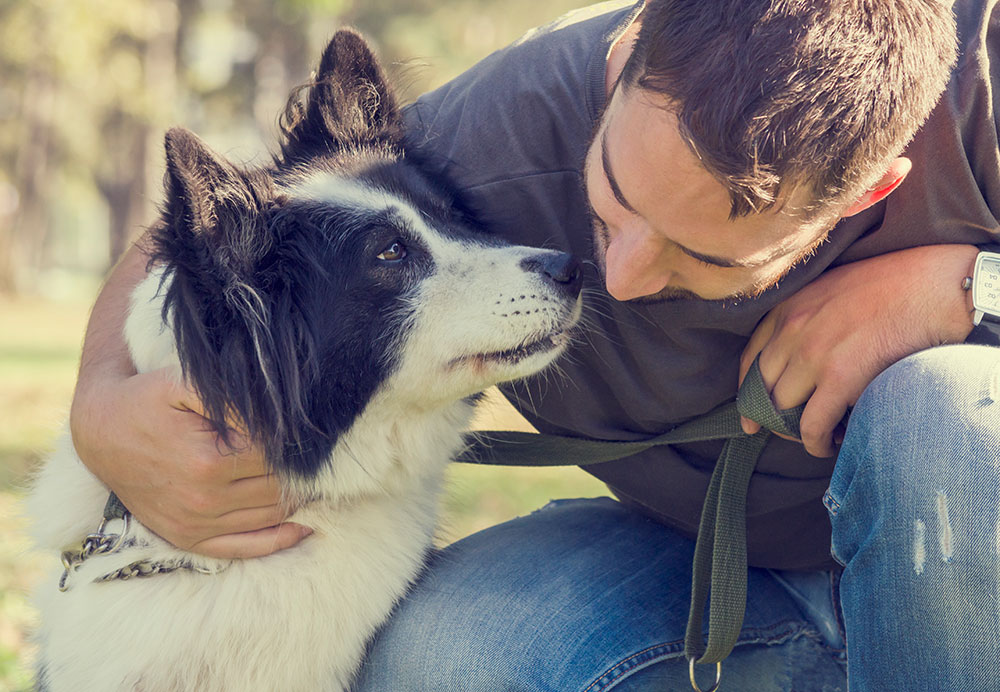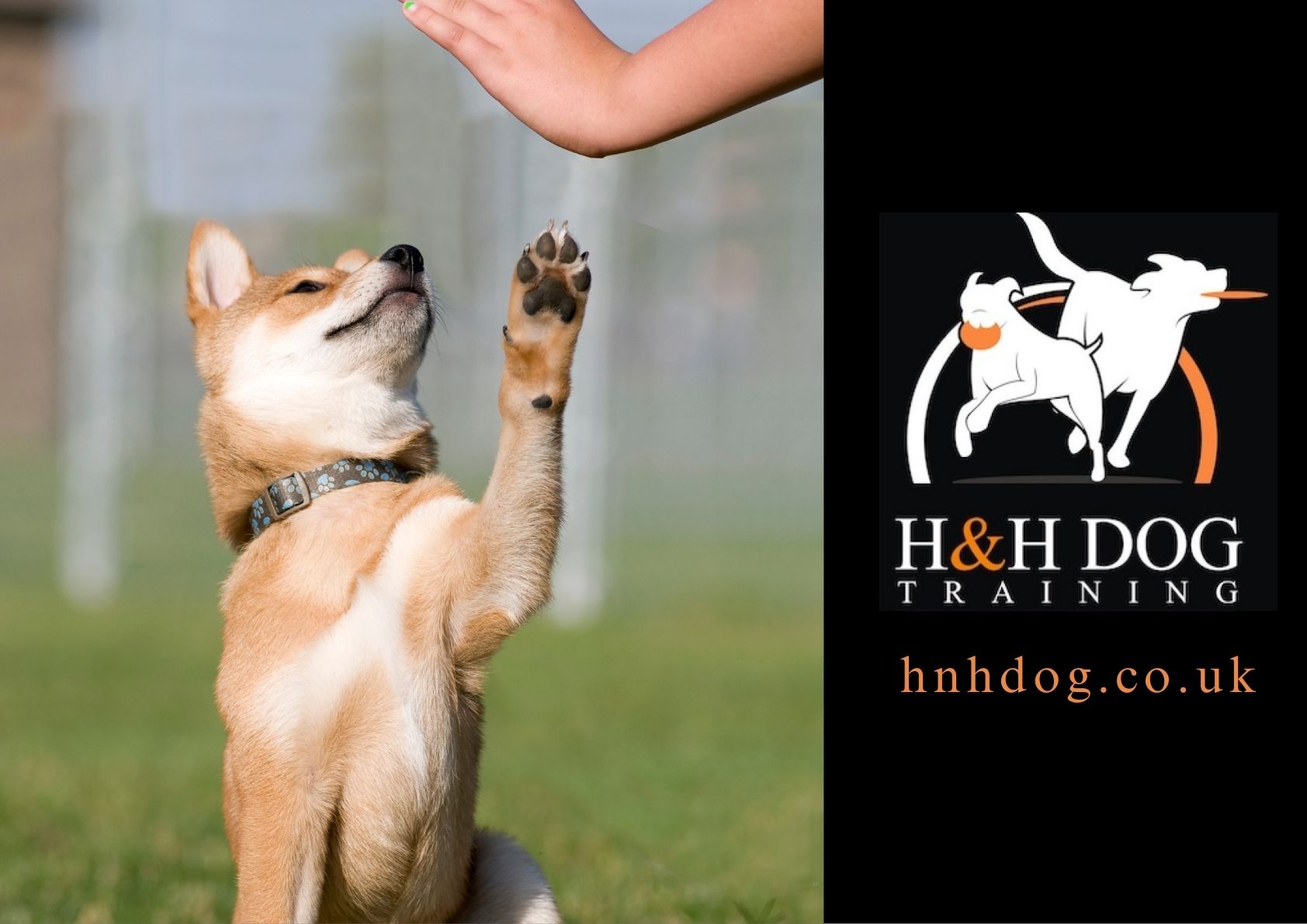Transform Your Dog's Behavior with Proven Dog Training Tips
Wiki Article
The Ultimate Guide to Pet Training: Change Your Animal's Behavior
Reliable pet training is important for cultivating a harmonious relationship between family pets and their owners. This guide not just aims to furnish you with the required devices to change your dog's actions but additionally welcomes you to discover exactly how these foundational ideas can lead to a deeper connection with your family pet.Comprehending Pet Behavior
Recognizing pet dog actions is important for efficient training and an unified partnership in between canines and their proprietors. A canine's habits is influenced by a combination of genes, setting, and experiences. Dog training. Identifying these elements allows owners to tailor their training approaches to satisfy the private requirements of their family pets
Pets communicate primarily via body language, vocalizations, and facial expressions. As an example, a wagging tail can show excitement or joy, while a tucked tail might signal fear or entry. Observing these cues enables owners to respond suitably, enhancing favorable actions and dealing with negative ones successfully.
Furthermore, understanding the social structure of pets can give understandings right into their behavior. Pets are pack animals, and they thrive in an organized atmosphere. Establishing clear borders and constant policies can prevent complication and advertise a complacency.
Additionally, recognizing the natural instincts of canines, such as the urge to dig or chase, is critical. These instincts can be redirected via suitable outlets, such as play or workout. By comprehensively comprehending these behavior facets, owners can foster a favorable training experience, ultimately causing a obedient and well-adjusted canine buddy.
Essential Training Strategies
Reliable dog training depends on a selection of essential methods that can substantially improve the knowing process for both the dog and the owner. One fundamental technique declares support, which involves satisfying desirable habits with treats, appreciation, or playtime. This approach encourages pet dogs to duplicate the behaviors that lead to favorable results, fostering a trusting relationship in between the pet and proprietor.One more trick strategy is consistency in commands and expectations. Using the exact same spoken cues and hand signals aids the pet dog recognize what is needed, reducing complication and advertising quicker learning. Additionally, developing clear boundaries and policies is important for efficient interaction.
Socialization is likewise an important element of training. Exposing canines to various atmospheres, people, and various other animals aids them create suitable social skills and minimizes anxiety in unknown scenarios.
Last but not least, perseverance and timing are essential. Training sessions ought to be regular yet brief, guaranteeing that the pet dog continues to be involved and responsive. By utilizing these vital methods, proprietors can develop a organized and positive training experience that promotes good actions and enhances the bond with their canine companions.
Developing a Training Set Up
Exactly how can a well-structured training timetable boost a pet's discovering experience? A training schedule supplies consistency, making sure that pets receive routine, focused direction. This predictability assists pets comprehend what is anticipated of them, strengthening their understanding and allowing for better retention of behaviors and commands.When creating a training schedule, it is crucial to consider the pet's age, type, and private character. Youthful puppies may take advantage of shorter, much more regular sessions, while grown-up pets might love longer, much less regular training periods. Integrating a variety of view it tasks can additionally maintain the sessions engaging, protecting against monotony and advertising interest for discovering.
Furthermore, organizing training sessions at details times of the day can help solidify a routine. For instance, combining training with daily strolls or play can produce a favorable association with discovering. It is likewise important to include time for support, such as treats or praise, to compensate desired actions quickly.
Last but not least, flexibility is crucial. While uniformity is essential, being versatile to the dog's mood or power degree can boost their learning experience. A well-crafted training schedule ultimately lays the structure for efficient communication and a more powerful bond in between the pet dog and proprietor.
Common Educating Challenges
Regardless of having a well-structured training routine, dog proprietors commonly run into numerous difficulties throughout the training process. One usual problem is incongruity in hints and commands. When numerous member of the family use various terms or tones, a canine might end up being baffled, hindering its capacity to discover efficiently.Another regular challenge is interruption. Dog training. Pet dogs are normally interested creatures, and external stimulations such as other pets, noises, or people can divert their interest throughout training sessions. This needs proprietors to create a regulated environment or progressively introduce distractions to reinforce emphasis
Additionally, varying energy degrees can influence training results. High-energy canines may have a hard time to settle down and focus, while more easygoing breeds could require extra motivation to involve. Tailoring the training technique to fit the individual pet's personality is necessary for success.

Building a Strong Bond
A strong bond between a pet dog and its owner is essential for effective training and general wellness. Dog training. This partnership he has a good point fosters count on, which is critical for efficient communication during the training procedure. When a pet dog feels protected and connected to its proprietor, it is most likely to respond favorably to signs and commandsTo construct this bond, consistency is key. Establishing a routine that consists of regular feeding, exercise, and training sessions helps develop a sense of stability. Furthermore, positive support strategies, such as treats, appreciation, and play, enhance desired actions while strengthening the psychological connection.
Socializing is an additional vital aspect of bond-building. Subjecting your pet dog to various settings, individuals, and various other animals aids them really feel much more comfy and positive, enhancing the bond with their owner. Participating in activities with each other, such as walking, playing bring, or joining obedience training, advertises synergy and mutual enjoyment.
Final Thought

Recognizing pet habits is essential for efficient training and a harmonious connection between pets and their owners.Effective canine training relies on a range of necessary strategies that can substantially improve the learning procedure for both the dog and the proprietor.In spite of having a well-structured training routine, canine proprietors typically run into numerous challenges during the training process.In verdict, effective pet training counts on a comprehensive understanding of canine actions, the application of important strategies, and the establishment of an organized training routine. By highlighting favorable reinforcement and uniformity, canine proprietors can substantially enhance their family pets' habits, ultimately making certain an unified connection and advertising the health of both the pet and its atmosphere.
Report this wiki page